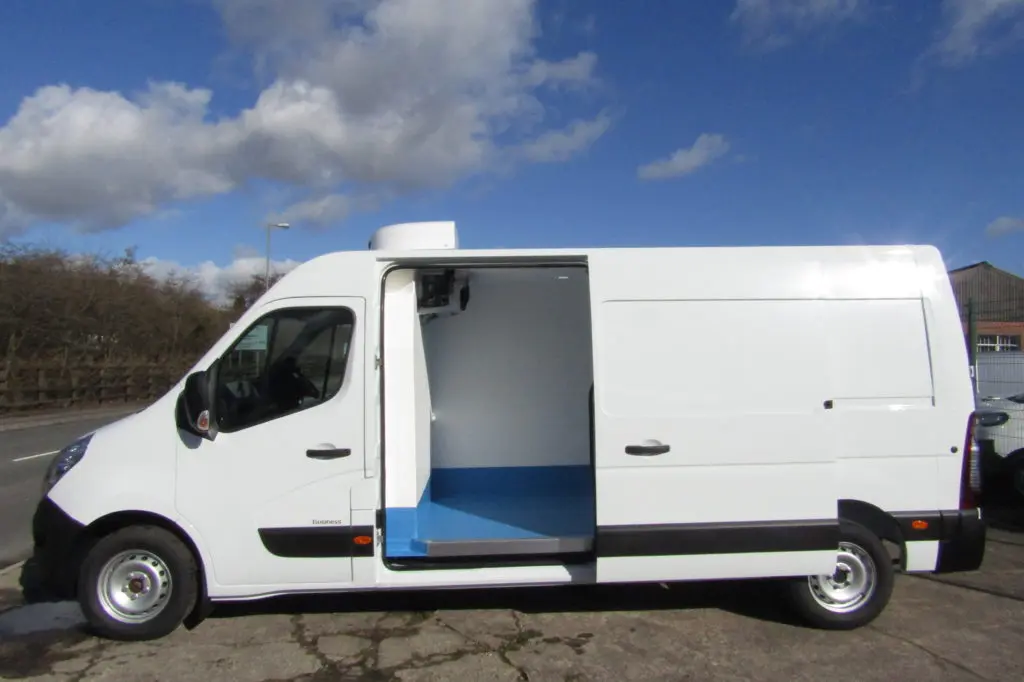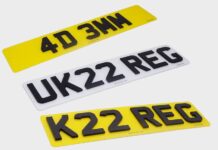If you’re ready to buy a refrigerator van, it can be challenging to determine which one will best suit your needs and budget. There are dozens of different brands and models to choose from, and each has its advantages and disadvantages. It’s essential to ensure that you get the perfect van for your transportation business without wasting money on something that won’t work out in the long run. Before you begin shopping, consider these critical factors to help narrow down your options.
1. The Size of Your Load
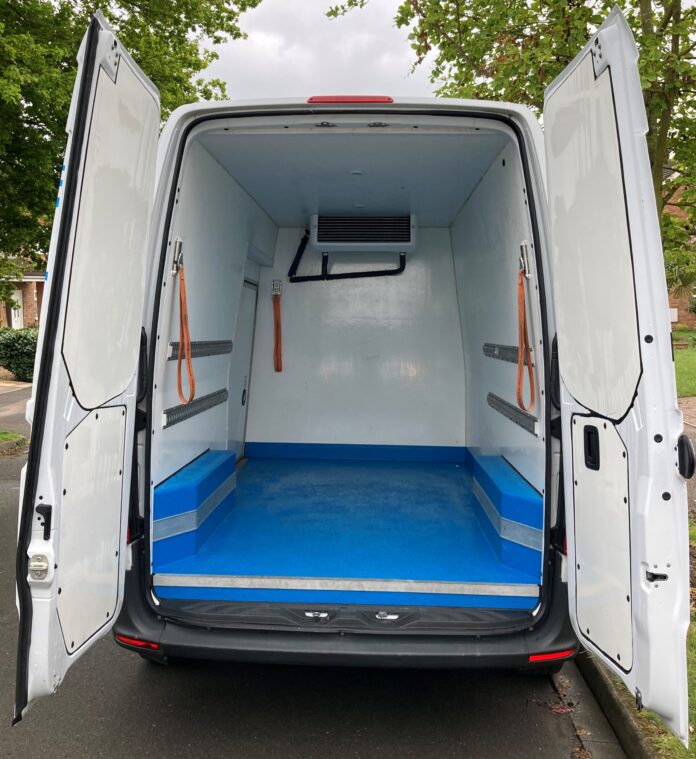
The size of your load is a huge factor in choosing a fridge van. Simply put, you want to make sure you have enough space for all of your equipment and cargo. Ifyou choose between two vans with different measurements, always go bigger.It’s better to have a little extra room than not enough.
It’s crucial to determine how many trips it will take to move all of your stuff into or out of a new location: when figuring out what kind of van you need, keep in mind that it will take more time and gas to transport smaller loads over larger ones.
2. Brand Reputation
Make sure you’re getting a product from a reputable manufacturer. In general, well-known and longstanding brands will have more satisfied customers than less established companies. Well-established manufacturers have been around longer, allowing them to refine their business practices and build a reputation for quality products and customer service. You can consider https://www.bhrv.co.uk/peugeot-fridge-vans/ for quality and reliability in meeting all your needs.
While you might save money upfront with a new or smaller company, your cheaper fridge van might end up costing you in terms of repairs down the road—and it could be hard to get any satisfaction or compensation if there’s an issue. One thing to look out for are reviews from previous customers: read about people’s experiences with each brand before buying anything so that there aren’t any nasty surprises down the line!
3. Size of Compartments
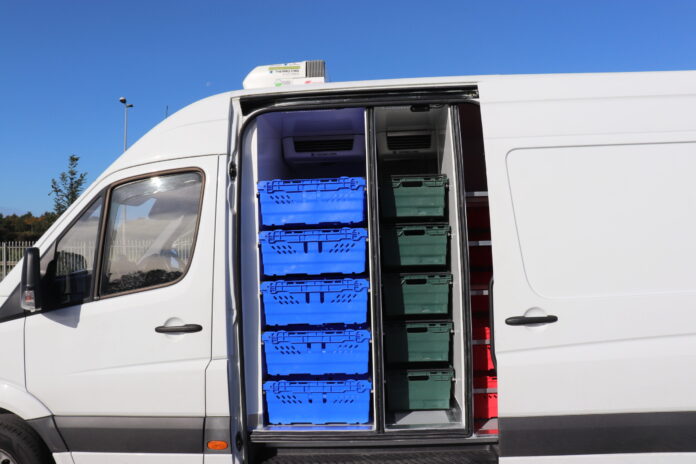
The size of the compartments in your fridge van is also essential to think about as you decide which type of refrigeration unit is best for your needs. Most refrigerator vans come standard with three separate spaces for storing food: fresh produce like vegetables and fruits, frozen food like meats, and dairy products like milk.
Of course, bigger is better! Think about what kinds of groceries and other productsyou’ll most often be transporting so that you can get a vehicle equipped accordingly. Although most companies charge by volume rather than weight when moving heavy goods, never fill your compartment up completely.
4. Durability
Youdon’t want your fridge van to rust and break down on you, especially since it needs to withstand extreme weather. Look for a durable van that will stand up through rain and snow. It should be able to endure rough roads and bumpy terrain without risk of breaking or falling apart; look for reinforced joints in critical areas like wheels and doors.
Avoid vans with signs of rust and those consisting of cheap materials. Find out what material makes up every part of your chosen model so you can choose one with a good reputation in terms of durability. Also important is the quality and durability of your fridge itself; research brands before purchasing to ensure maximum efficiency and longevity of use.
5. Functional Add-ons
Don’t forget about add-ons! Some extra features may make buying specific models more appealing, such as special storage compartments or even electrical outlets if you need to work while on the go. Other extra features include cup holders (great for road trips), bike racks (if you run delivery services), and power outlets for charging phones. These can improve your experience and increase your productivity when traveling by van.
Of course, there are also things like GPS tracking devices that can come in handy in case of emergencies; you never know what might happen on a long road trip with your fridge van! And of course, there are safety considerations; some safety devices found in conventional vehiclesaren’t present in fridges, and you have to purchase them separately.
6. Electrical System
It’s crucial to check out where the fridge van gets its energy from and how much power it uses. Youdon’t want to end up stranded miles away from a power source! It will vary depending on which type of fuel you use, but it’s still important to do research beforehand since sometimes gas systems aren’t available at all locations. If possible, look into options for dual-power sources that switch between electric and gas whenever necessary.
7. Cost and Fuel efficiency
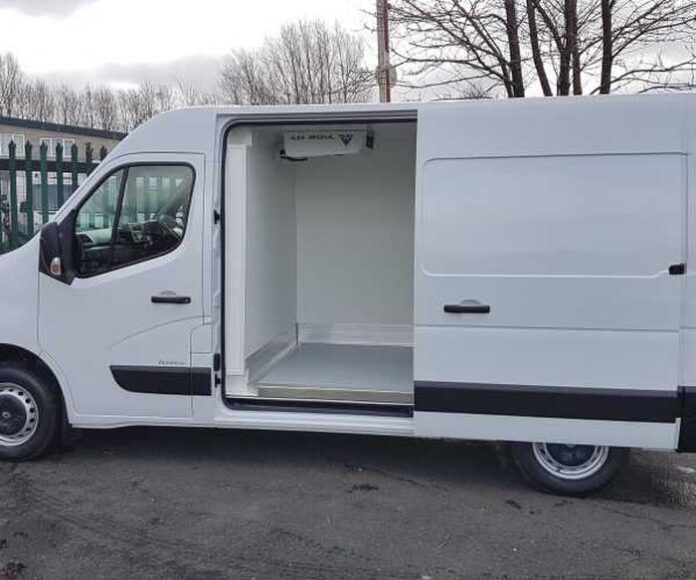
As with most vehicles, a fridge van’s price is important for potential buyers.It’s also worth considering fuel efficiency—refrigeration units use a lot of power and need regular recharging, so any savings on petrol can make all the difference. It may depend on how often you move your fridge van and how far you drive each time. Look at energy efficiency ratings online to learn more about expected running costs. For instance, kerb weight determines how much fuel your vehicle will consume.
Running costs may not be as crucial as upfront costs when buying a vehicle, but consider their impact on what it means for running costs over three years. However, it’s vital not to sacrifice efficiency and quality over price. Be sure that whatever fridge van you buy has a compressor suitable for commercial or heavy-duty use.It’ll give better performance, last longer, and save money in servicing costs later down the line.
8. Ease of loading and unloading
An often overlooked consideration is how easy it will be for you or your employees to load and unload your fridge van. Factors such as door width, step height, turning radius, and even cargo-carrying capacity can play a significant role in how easy loading and unloading are to your staff.
Ifthey cannot quickly and easily remove products from their delivery vehicles, customer satisfaction will take a hit, which will affect your business. When shopping around, you may need to prioritize any details you need to consider when loading or unloading items from a potential van purchase.
9. Safety Enhancements
As they say, an ounce of prevention is worth a pound of cure. Ensuring that the manufacturer has equipped your new with safety features like pre-cooling systems, blind-spot warning lights, andquality seat belts and airbags can help you avoid potentially dangerous situations.
One great way to ensure safety for yourself and your loved ones is with a vehicle that has multiple airbags—this helps protect drivers and passengers. You can also opt for a van with rear-view cameras. These are especially useful when backing up or pulling out of tight parking spots in tight spaces.
Conclusion
When choosing a fridge van, you should be able to confidently choose a new van that is right for your business. The important thing is finding one within your budget and buying something to help you grow and succeed. It may take some research and hard work, but it will all be worth it! You can contact BHRV refrigerated vehicle specialists for quality refrigerated vans that meet all your requirements.
